As a pet owner, you want to do everything in your power to keep your furry friend healthy and happy. But did you know that one of the most important aspects of your pet’s health is often overlooked?
Dental care is essential for maintaining your pet’s overall wellbeing, and neglecting it can lead to serious health problems. In this blog post, we’ll explore the importance of dental care for your pets and give you the tools you need to keep their teeth and gums in top condition.
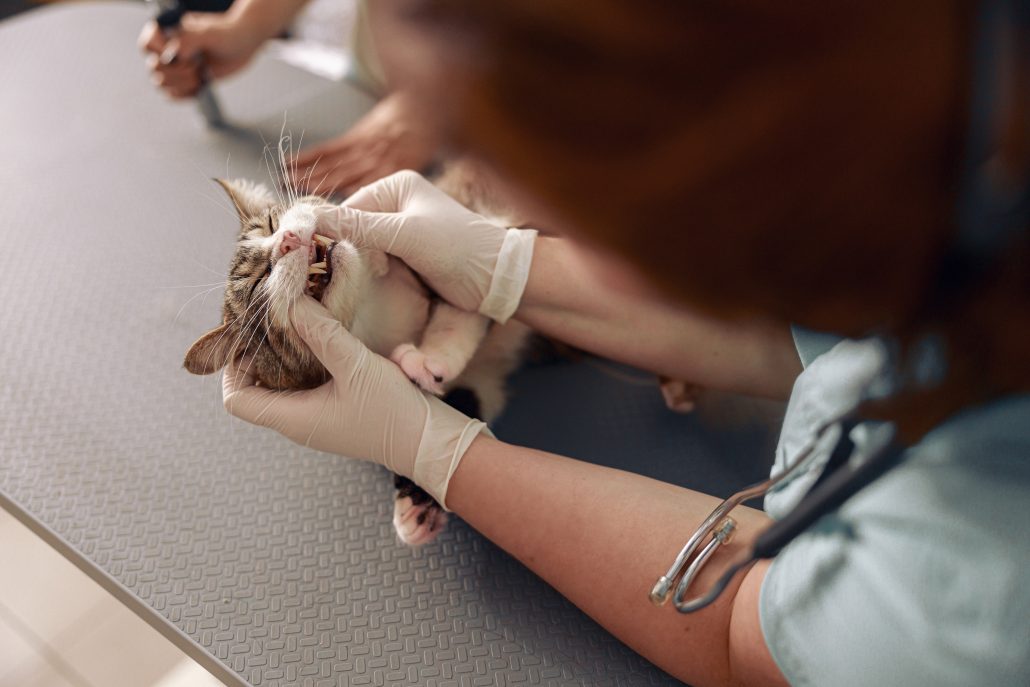
Dental Issues in Pets
Dental disease and oral issues are one of the most common health problems experienced by pets. Unfortunately, it is also one of the most unrecognised by pet owners, despite the pain and discomfort it can cause.
When dental disease is left untreated, it can lead to a host of serious health problems, including kidney and heart disease. This significantly impacts their quality of life.
The Signs of Dental Problems in Pets
Unfortunately, when it comes to alerting their owners about being in pain, pets are notorious for hiding their discomfort. In many cases they will continue to eat, drink and play, and therefore mask the severity of the problem.
One of the most important things you can do as a pet owner is to be aware of the signs of dental problems. These include:
- Bad breath
- Difficulty eating
- Red or swollen gums
- Loose or missing teeth
- Drooling
- Pawing at the face or mouth
- Loss of appetite
- Weight loss
If you notice any of these signs, it’s essential that you schedule a dental check-up with your vet as soon as possible.
The Causes of Dental Problems in Pets
Dental health is an important aspect of overall wellness for pets. Unfortunately, there are numerous factors that can contribute to dental problems and lead to discomfort, pain, and other serious health concerns. Some common contributors to dental issues in pets include:
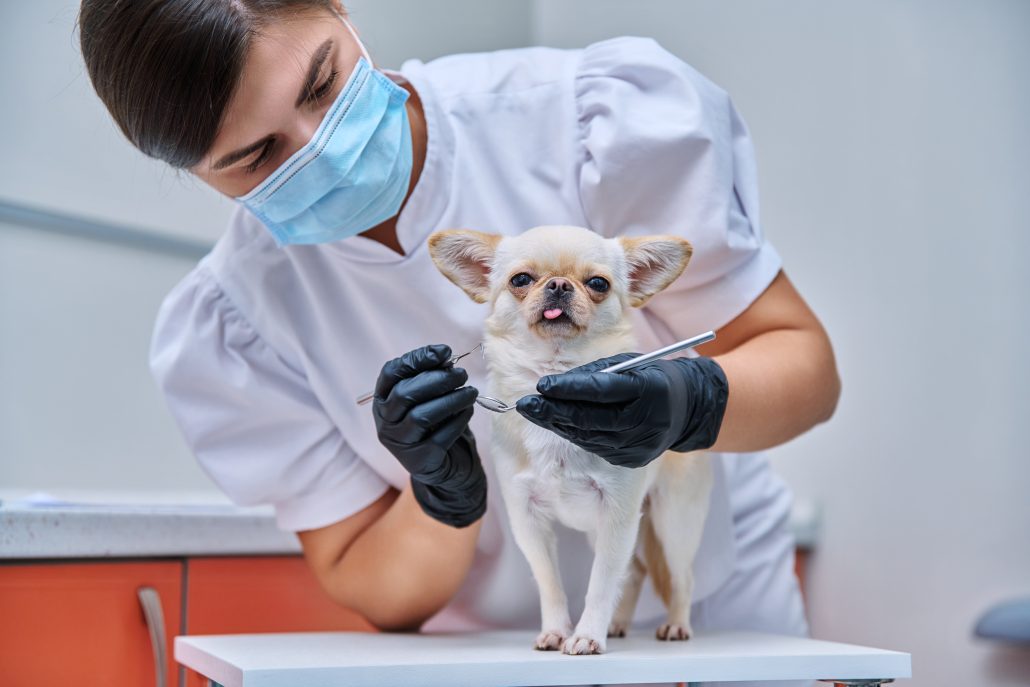
Genetics:
Some breeds are more prone to dental issues than others. For example, small breeds like Poodles and Chihuahuas and flat-faced breeds (brachycephalic) such as pugs are more susceptible to dental disease. This is also the case for cats, with breeds such as Persians, Maine and Burmese cats more likely to suffer from dental disease.
Diet:
The food that pets consume has a direct impact on their dental health. A diet that is rich in sugar or starch can lead to the formation of plaque and tartar, which can cause serious dental issues over time. Plaque is a sticky film of bacteria that forms on teeth and can eventually harden into tartar, which needs professional removal.
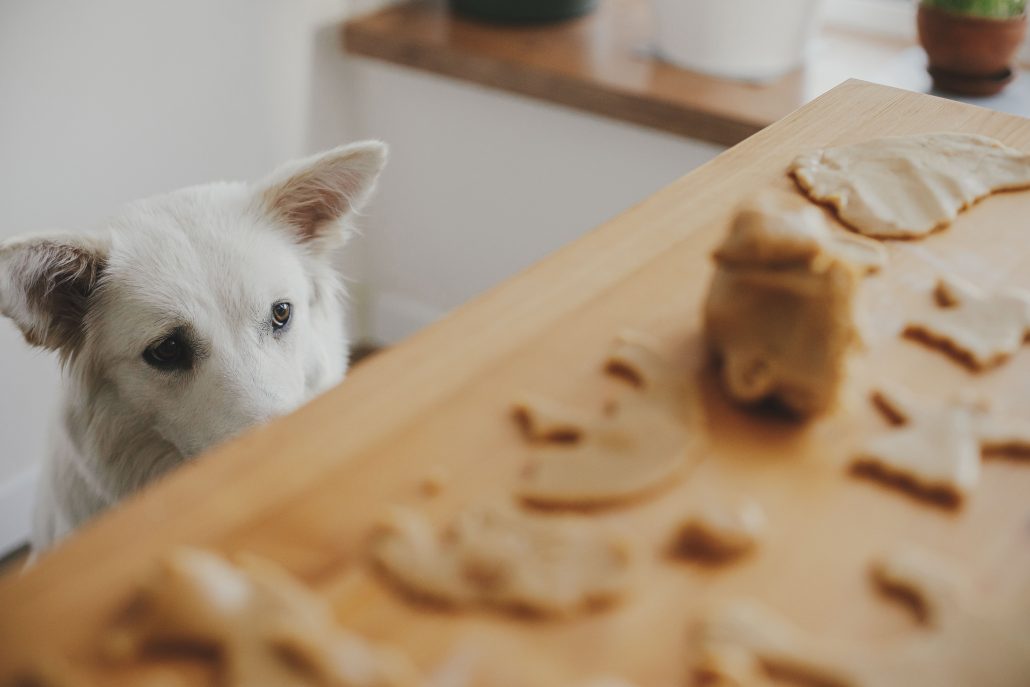

Diet:
The food that pets consume has a direct impact on their dental health. A diet that is rich in sugar or starch can lead to the formation of plaque and tartar, which can cause serious dental issues over time. Plaque is a sticky film of bacteria that forms on teeth and can eventually harden into tartar, which needs professional removal.
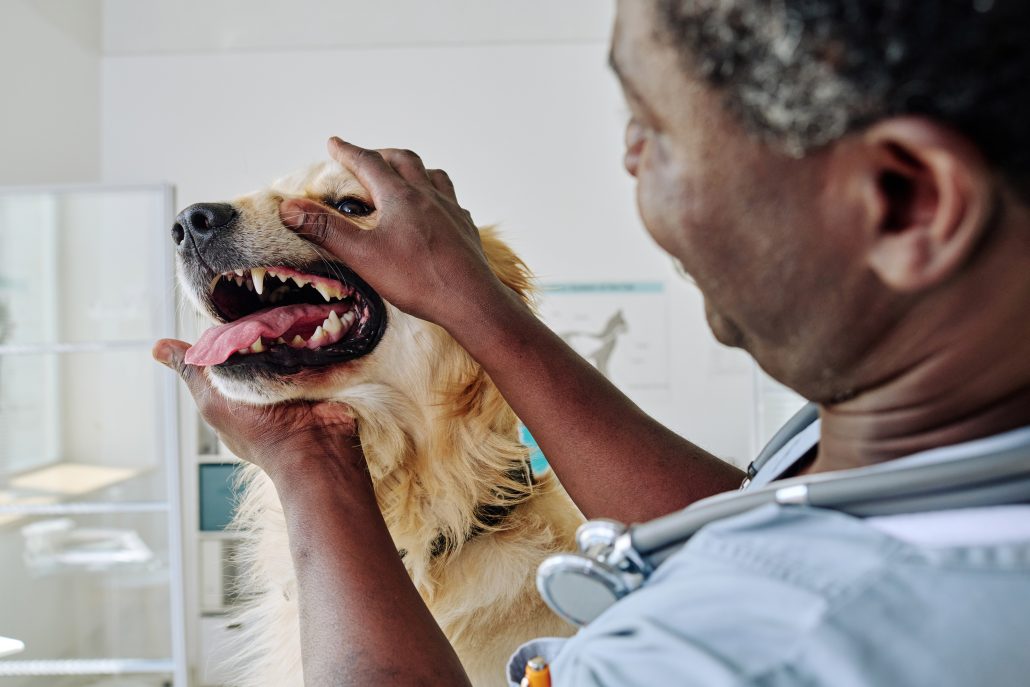
Lack of oral hygiene:
Adequate oral hygiene is critical for the overall health and well-being of pets. Just like in humans, neglecting regular brushing and professional cleanings can result in the build-up of plaque, tartar, and bacteria in the mouth. This can cause a range of dental problems, including gum disease, cavities, bad breath, and tooth loss.
Other factors:
Medical conditions and physical trauma can also play a role in the development of dental problems in pets. Trauma can result in tooth loss and other issues, while other medical conditions can affect the health and function of the mouth.
Additionally, certain medical conditions, such as diabetes and kidney disease, can increase a pet’s risk of developing other oral health problems.
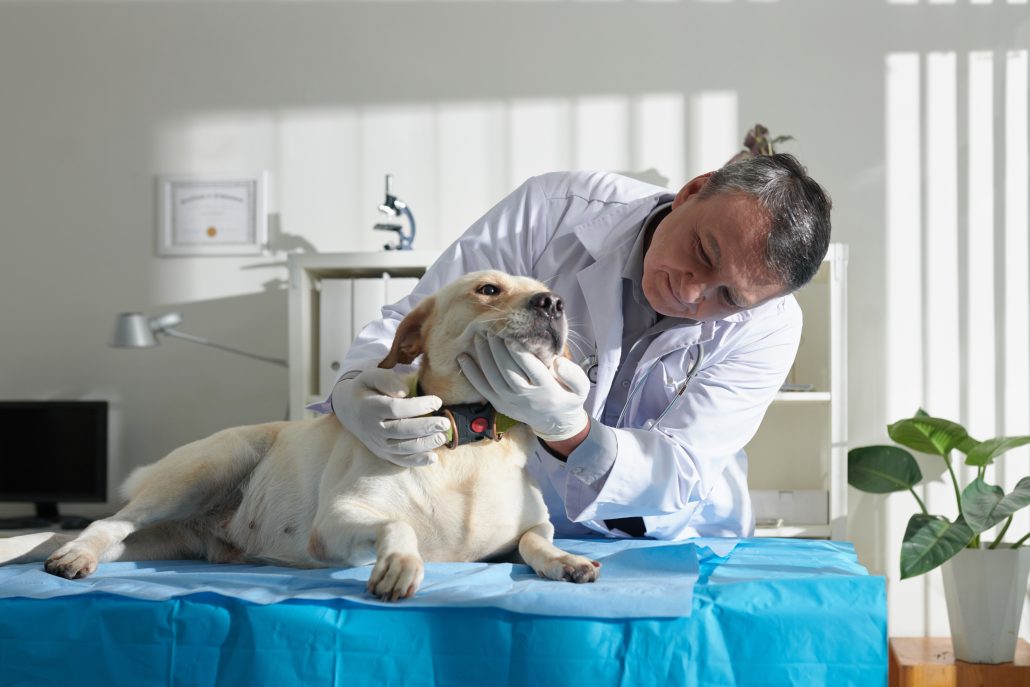
Other factors:
Medical conditions and physical trauma can also play a role in the development of dental problems in pets. Trauma and similar emergencies can result in tooth loss and other issues, while other medical conditions can affect the health and function of the mouth.
Additionally, certain medical conditions, such as diabetes and kidney disease, can increase a pet’s risk of developing other oral health problems.


Tips For Basic Dental Checks at Home
While regular check-ups with a professional veterinarian are essential for maintaining your pet’s dental health, performing a basic dental check at home can also help you identify potential issues early on. Here’s a step-by-step guide on how to conduct a dental check for your pet at home:
- Open your pet's mouth and take a look at their teeth and gums. They should be a healthy pink color, and there should be no sign of plaque or tartar.
- Gently lift your pet's lips to check for red or swollen gums.
- Run your finger over their teeth to check for any rough or sharp edges that may indicate a problem.
- Lastly, give your pet's breath a sniff. It shouldn't smell too bad.
It’s important to note that these checks are not a substitute for regular professional dental check-ups and cleanings, but by keeping an eye on your pet’s oral health at home, you can catch any potential issues early on and get them the care they need!
Preventative Pet Dental Care
- Brush your pet's teeth regularly with a pet-specific toothbrush and toothpaste. This will help remove plaque and prevent tartar buildup.
- Provide your pet with dental chews, toys and bones that are specifically designed to help clean their teeth and gums.
- Feed your pet a high-quality diet that is formulated to support oral health.
- Limit your pet's intake of table scraps and high-sugar treats, as these can contribute to plaque buildup and tooth decay.
- Schedule regular dental check-ups and cleanings with your veterinarian. This will ensure that any potential issues are caught early on and can be treated promptly.
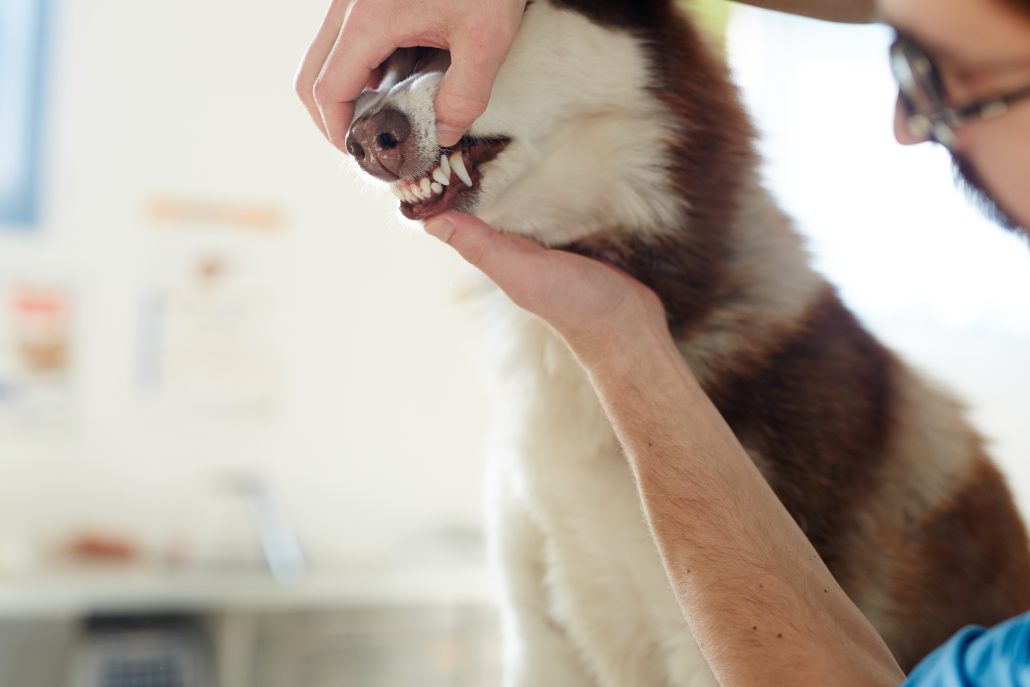
The Importance of Regular Dental Check-ups and Cleanings
Just like with humans, regular check-ups and cleanings are essential for maintaining good oral health in pets. During a dental check-up, your veterinarian will examine your pet’s teeth and gums, look for any signs of problems, such as plaque build-up, tooth decay, or gum disease, and recommend any necessary treatment.
At The House Call Vet, we are a team of experts that can provide a thorough examination and offer the best care for your pet’s dental needs. In addition to a thorough examination, we can perform a professional cleaning to remove any plaque, tartar, and bacteria that have accumulated on your pet’s teeth and gums. This can help prevent the development of dental issues and maintain optimal oral health in the long run.
Trust in The House Call Vet’s expertise to ensure your pet’s dental health is in good hands. Book your appointment today!

